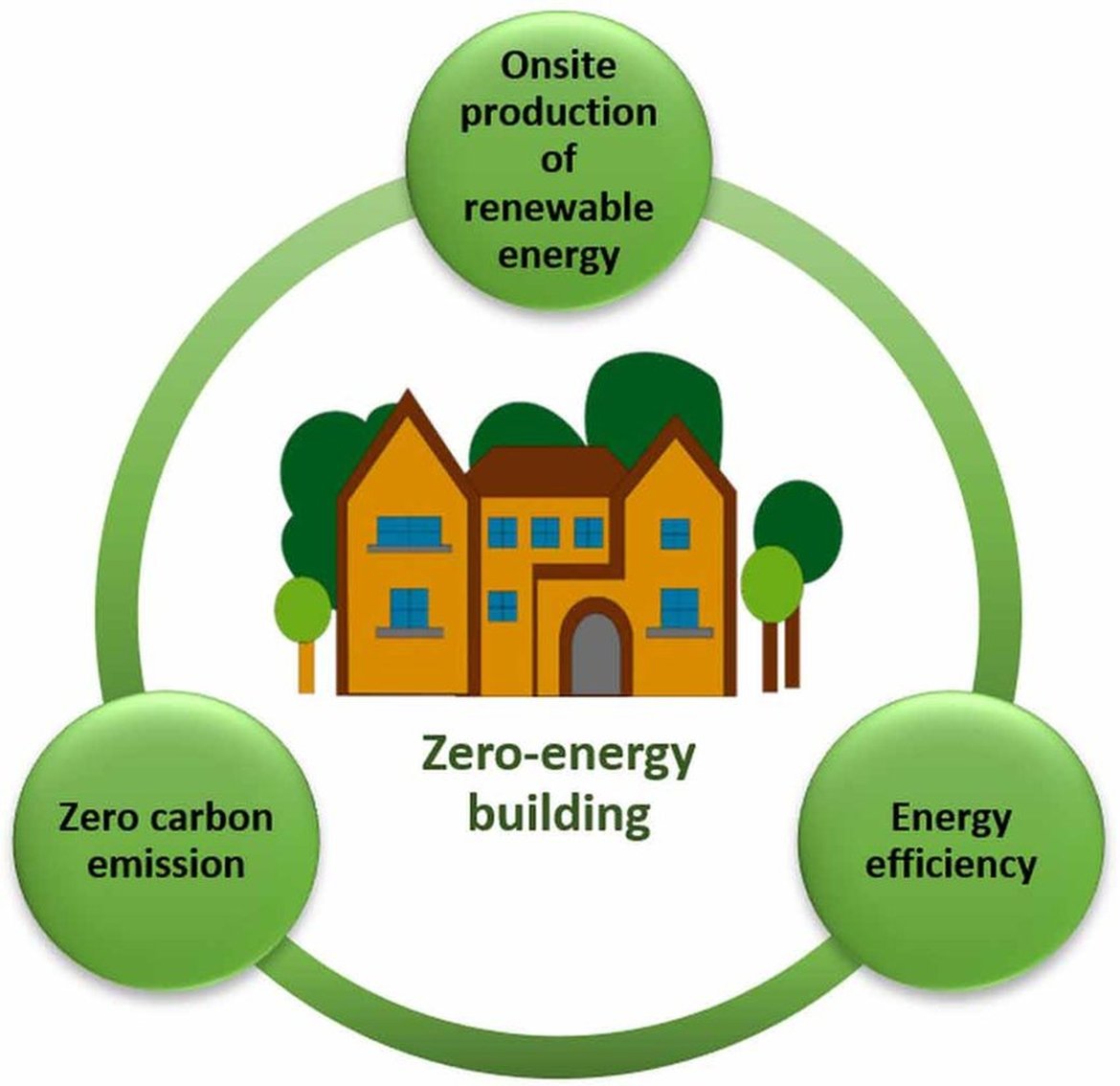Energy Research
Renewable Energy Engineering and Sustainability

A renewable energy engineer is a technician with specialized knowledge, whose main task is to make the energy transition possible. The goal is to provide assistance and expertise to a company, project, or even a country, with the aim of reducing the use of fossil fuels and transitioning to renewable energy sources.
This work requires specific technologies and is carried out according to well-defined standards that the renewable energy engineer is familiar with. These standards are particularly related to the environment and climate change. These standards have been established within the framework of numerous international regulations that govern these fields.
Therefore, a renewable energy engineer is necessarily an environmentalist and advocate for nature, working for the preservation of the environment.
Energy and Buildings

Our Research Goals
Our research aims to reduce energy consumption in the built environment, mitigate the impacts of climate change, and enhance the comfort, productivity, and well-being of building occupants.
The research focuses on:
-
Energy Efficiency in Buildings: Both passive and active strategies to improve energy efficiency in buildings.
-
Data-Driven Design, Optimization, and Renovation: Developing data-driven designs to enhance energy performance, as well as renovating buildings to meet the latest environmental standards.
-
Integrated Energy Production in Buildings: Incorporating energy generation systems within buildings, such as solar energy and other mechanical systems.
-
Interaction Between Buildings and Energy Systems: Studying how buildings interact with local energy systems or smart grids to achieve more efficient energy consumption.
-
Building Stock Potential for Improving Energy Efficiency: Exploring ways to enhance energy efficiency in older buildings and retrofit them to meet modern standards.
-
New Tools for Calculating Energy Demand and Indoor Environment: Developing tools and techniques for calculating and analyzing energy demand while ensuring a comfortable and healthy indoor environment.
-
Experimental Studies, Modeling, and Real-World Application of Technologies: Conducting experimental studies, accurate modeling, and real-world applications of technologies to improve building performance
Waste-to-Energy

Waste-to-energy plants are facilities where waste materials, such as municipal solid waste or industrial waste, are burned to produce energy, such as electricity generation. Recycling biological waste, such as crop residues, palm waste, olive oil waste, and others, can be used as animal feed, soil fertilizers, insulation materials, or for biofuel production, among other applications.
The costs and impacts of waste-to-energy processes involve both financial and environmental aspects. This includes costs related to infrastructure and operations, as well as the environmental impacts resulting from waste incineration or the processing of organic materials in these processes.
Renewable energy and sustainability engineering
Energy and Buildings
____________________________________________________________________________________________________
_________________________________________________________________________________________________
Waste -to-Energy
_________________________________________________________________________________________________













